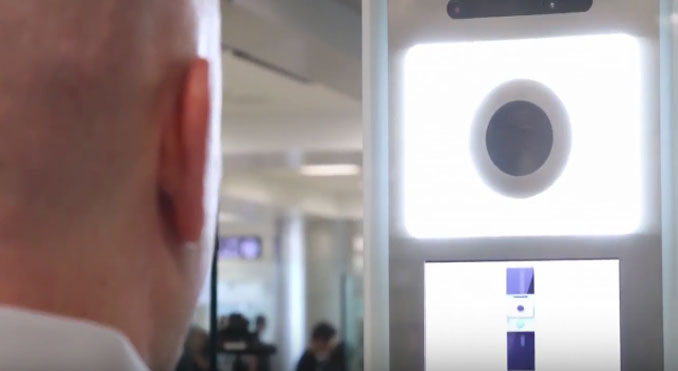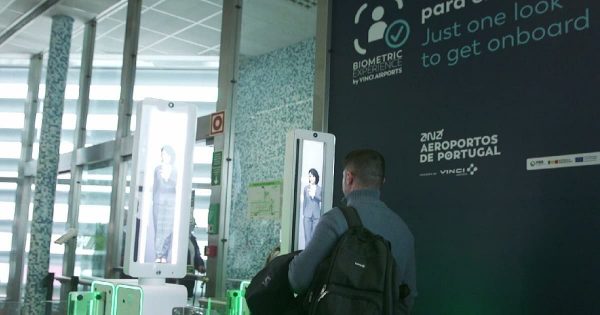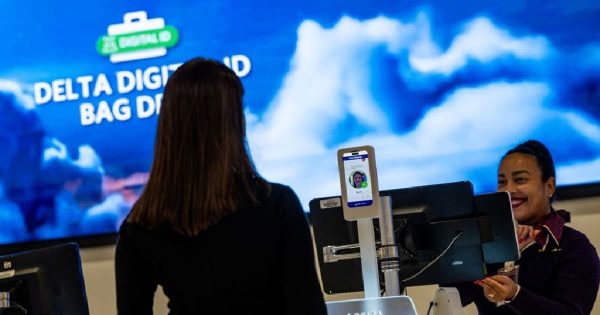The U.S. Customs and Border Protection (CBP) has begun using facial recognition at John F. Kennedy International Airport (JFK) to help verify passengers.
CBP will use the biometrics technology to ensure the passenger entering the United States matches the passport presented.
The initial deployment will apply to some first-time Visa Waiver Program (VWP) passengers and returning U.S. citizens with ePassports.
The technology compares an image of the passenger taken during the normal inspection process to the image stored on the their ePassport, verifying that the passenger is really the person in the epassport.
The images taken will be deleted unless CBP determines that further administrative or enforcement actions are necessary. CBP remains committed to protecting the privacy and civil rights and civil liberties of all passengers.
CBP tested facial comparison technology last year at Washington Dulles International Airport. The results of that testing determined the system successfully performed matches against actual passports and live captured images.
CBP first established biometric screening procedures based on digital fingerprints for certain non-U.S. citizens in 2004 to secure the borders and ensure that the foreign passengers presenting themselves for admission to the United States are who they claim to be.
CBP is conducting additional tests to evaluate new biometric technologies in multiple environments in FY 2016 to further secure and facilitate legitimate travel in a way that does not disrupt operations.
Since 2007, U.S. passports have had a chip embedded in them that securely stores the same information that’s on the photo page of the passport, which includes a biometric identifier in the form of a digital image of the passport photograph.This facilitates the use of facial comparison technology at ports of entry into the U.S.
In order to maintain participation in the Visa Waiver Program, VWP countries also issue ePassports, which contain an electronic chip that holds the same information that is printed on the passport’s data page: the holder’s name, date of birth, and other biographic information, in addition to a digital photograph of the holder.
Vision-Box is providing the core biometric technology, the vb e-pass desktop, as part of a facial recognition solution provided to CBP by Unisys.
Commissioner R. Gil Kerlikowske:
“CBP continues to provide innovative technologies to enhance homeland security while facilitating international travel. This biometric capability will aid our officers in identifying legitimate travelers while protecting them from fraud and identity theft with little to no delay to the entry process. CBP continues to implement technologies that benefit both national security and the traveler.”
N.B. Image credit: cbp.gov







